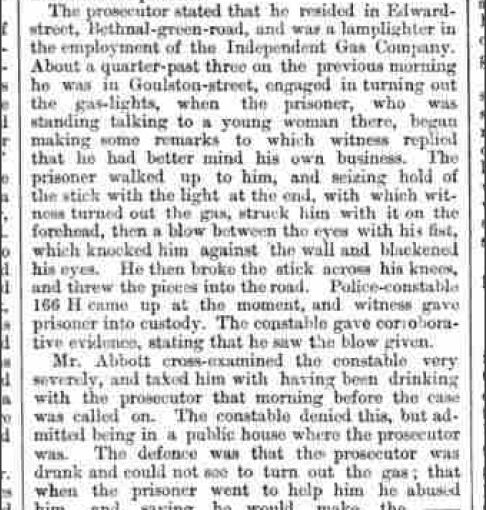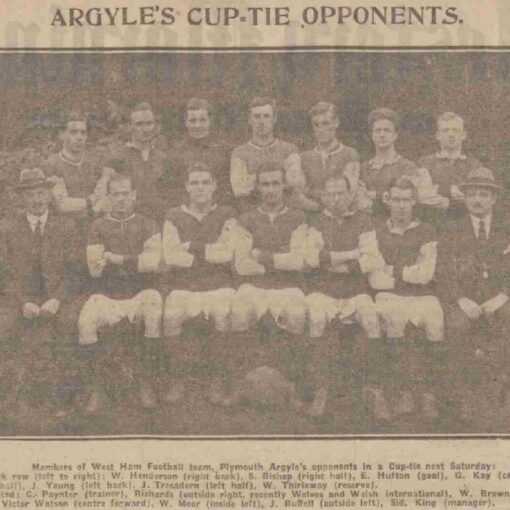 2nd November 1936 – regular television broadcasting commenced from make-do BBC studios at Alexander Palace in North London. The corporation had already tackled the question of whether to employ the mechanical system invented by John Logie Baird or the fast progressing EMI electronic system.
2nd November 1936 – regular television broadcasting commenced from make-do BBC studios at Alexander Palace in North London. The corporation had already tackled the question of whether to employ the mechanical system invented by John Logie Baird or the fast progressing EMI electronic system.
By 1936 it became clear that Baird’s system was greatly inferior to that of EMI. However the BBC did test both systems with a trial.
So on the 2nd of November 1936 regular broadcasting of the BBC television service (the first in the world) started with an audience of about 300.
Media reception to this new-fangled form of entertainment was, to say the least, mixed and predictions of it’s future, cautious.
This report from The Era – Wednesday 4th November 1936 is typical.
Television Starts
Where will it end?
“Era” special
Television for domestic purposes is like a home movie with sound. In a typical Baird receiver the images are thrown on to a mirror about the size of a woman’s handkerchief.
They are brilliant miniatures, especially when a film is being used, and there is a slight suggestion of eye strain at this stage. The images behave unexpectedly, as did the early films, but are surprisingly free from atmospheric interference, though the coil ignition systems of the passing cars are liable to throw a few flashes on the mirror.
Lord Selsdon, who, in presence and manner, to say nothing of experience, seems to cut out to be a television star, made the important announcement at the opening ceremony last Monday, that people who bought receiving sets now could be assured that there would be no radical change in receiving sets for at least two years, and after the affective range of the Alexandra Palace station was 20 miles, with local variations that might reach much further.
The price of the Baird television set, manufactured by Bush radio, on which we saw the demonstration, was 85 guineas.
There is a population of 10,000,000 within the area covered by the Alexandra Palace station, equal to, say, 2,500,000 families. If only one family in one hundred purchases a set of some kind, there is obviously a considerable immediate market for the new attraction.
It will be a tremendous boon to such aspects of broadcast entertainment as “Music Hall”, travel interludes, the news bulletins and “In Town To-night” – simple, direct things –but it is unlikely, at first to affect the course of radio drama.
Its power, as a rival attraction to other entertainments, depends largely on the amount of money spent on it, and it would appear that the BBC has already pawned it’s shirt to provide the not very elaborate entertainment now been broadcast from the Alexandra Palace.
We are unable to see that television increases the menace of radio as a rival to existing forms of entertainment, though it may do something to arrest the decline in the entertainment appeal of radio.
Television calls for much fixation of attention that an hour at a time is likely to be the limit of the average man’s endurance.
On the whole, it seems to us that the entertainment professions should congratulate themselves on the birth of an entertainment from which they will be able to extract substantial fees, leaving posterity to decide whether television is to be a comprehensive umbrella for all forms of entertainment.
Ian Waugh
Old British News




